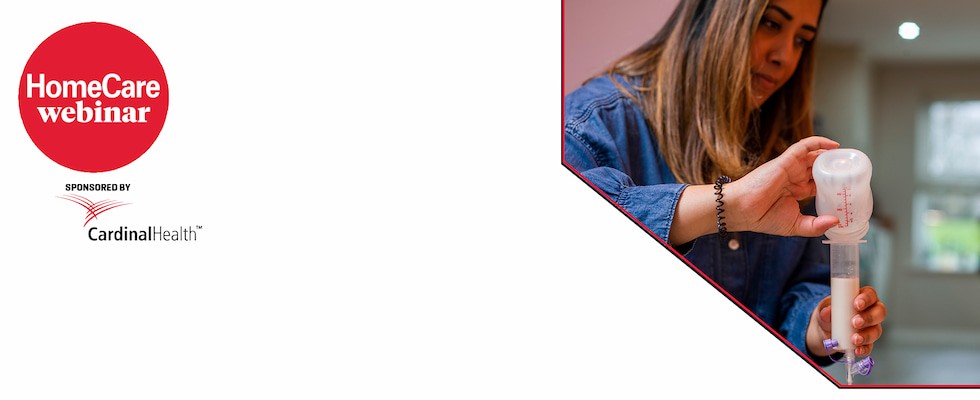
While the process of enteral nutrition starts in the hospital or at a rehabilitation center, the implementation of and adjustment to life with a feeding tube tends to fall on the homecare provider, the patient and family. To achieve and maintain the highest quality of life for the patient receiving home enteral nutrition (HEN), this program will provide an overview of the components needed for a successful transition to home. Our expert faculty will discuss the importance of HEN delivery method selection, monitoring for feeding tolerance and outline tips for overcoming challenges affecting quality of life for patients and families on HEN. In addition, our esteemed faculty will demonstrate how important the exchange of information is between health care providers their patients and caregivers to assure long-term health and well-being.
Participants will be able to:
- Define components of successful transition from hospital to home for HEN patients
- Discuss enteral formula (tube feeding) selection and administration strategies for home tube feeding patients
- Summarize the challenges that can adversely affect the patient’s quality of life
- Formulate a plan of care to address these challenges
SPEAKERS

Nutritional Support Nurse Consultant LLC
Cardinal Health
As an expert in pediatric nutrition support nursing with nearly three decades of experience, Lyman manages a comprehensive array of patient needs including central lines, feeding tubes, parenteral nutrition composition with advanced fluid and electrolyte management and enteral nutrition management and care coordination. She has experience in setting up nutrition support teams and an enteral access team. Her research focuses on safe enteral formula delivery, and she works with industry partners on everything from product development to risk management to education of the sales force or health care professionals. She is current chair of an ASPEN sponsored work group on low-profile balloon gastrostomy tube placement verification and co-chair of the GEDSA Clinical Advisory Board.

Nutrition Therapy Specialist
Cardinal Health
Ireton-Jones developed the Ireton-Jones equations for estimating energy requirements in hospitalized patients and these are widely used nationally and internationally.
She provides outpatient nutrition care for people with gastrointestinal disorders including irritable bowel syndrome, gastroparesis and inflammatory bowel disease, as well as those who require home parenteral and enteral nutrition. She continues to measure metabolic rate as an important part of determining individual energy expenditure in many diverse types of people. She received the 2022 Award for Excellence in Entrepreneurial Practice from the Academy of Nutrition and Dietetics and the 2023 Chancellor’s Alumni Excellence Award from Texas Woman’s University. She completed the second edition of Outpatient Nutrition Care: GI, Metabolic, and Home Nutrition Support in November 2023.
Sponsored by




